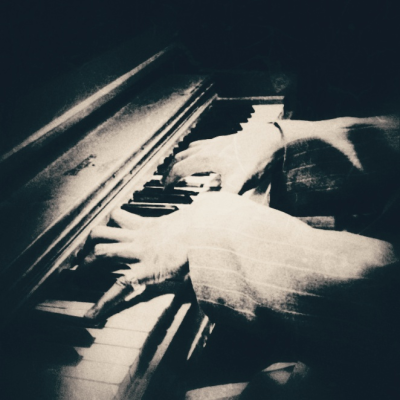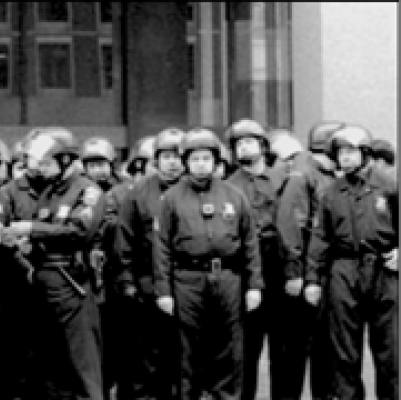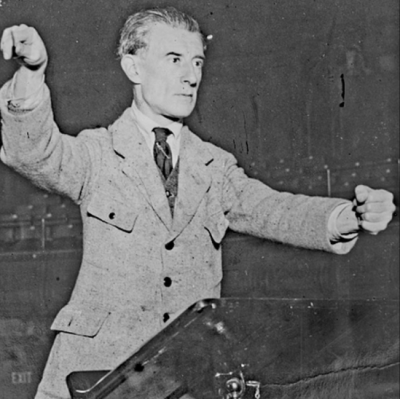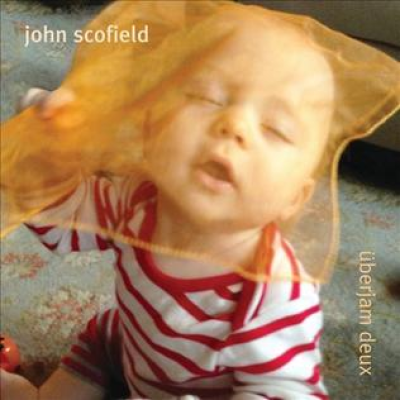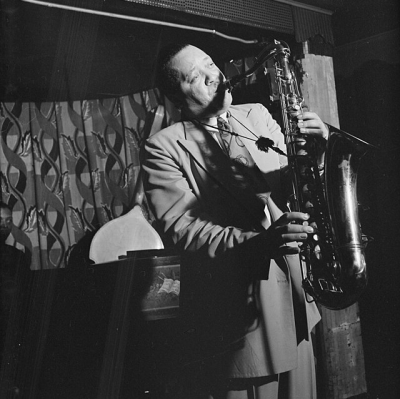On December 12, 2001, Jazz At Lincoln Center, the world’s largest not-for-profit arts organization dedicated to jazz, announced their Board of Directors had unanimously elected longtime member Lisa Schiff as the organizations new Chairman of the Board.
Jazz at Lincoln Center Artistic Director Wynton Marsalis said, We are all excited about Lisa Schiff becoming our new chairman. Lisa has been a long-standing and extremely dedicated board member, and her appointment brings a tremendous surge of fresh energy to the organization. She has the insight, wisdom, and tenacity needed to galvanize our entire organization and navigate the uncharted territory that we must traverse in order to bring the feeling and power of jazz to the world. We have tremendous respect for her and look forward to continued success under her skillful leadership.
Via email, Ms. Schiff answered a handful of questions we posed shortly after her new duties took place.
_______________________
JJM What performance or recording first connected you to jazz?
LS My father was a musical attorney, so when I was young I heard Broadway music as well as standards playing in my home on a constant basis. Sometime in the mid-fifties, a friend gave me an Ella Fitzgerald “Rodgers and Hart Songbook” record and I listened to Ella’s swinging, soulful delivery of these songs I knew so well. She’s really what started me down the path of loving jazz.
JJM What jazz musicians are important to you and how did they affect your life?
LS All jazz musicians are important to me! Some of the particular ones I admire are Ellington, Armstrong, Coltrane, Bill Evans, Miles Davis, and then you have wonderful singers like Billie, Ella, and Sarah. They affect my life by bringing me such joy, sensitivity and feeling to their music.
JJM How does your experience of owning a record company relate to the challenges you are sure to face as Board Chairman of Jazz at Lincoln Center?
LS I think I will be positioned to appropriately deal with the challenges I will encounter by reason of my having, over the last ten years, come into contact with a large variety of musical issues through my recording efforts. Additionally, I understand the problems of artistic creation, dealing with artists, union issues, intellectual property (to some extent), marketing, publicity, and most issues dealing with performance and touring.
JJM Wynton Marsalis said that your appointment “brings a tremendous surge of fresh energy to the organization.” What is the first thing you hope to accomplish in your new role?
LS I really have two immediate missions: first is making people understand who Jazz at Lincoln Center is, what we do, and why it is so important to the cultural life of New York; second is to raise the funds, with my Board’s assistance, to create this unprecedented home for jazz at Columbus Circle. This is a historic undertaking and making it happen is essential.
JJM What is your vision for Jazz at Lincoln Center?
LS I would like us to be “the keeper of the flame” for jazz music worldwide. I want to make sure that this truly American art form survives, flourishes, and receives the recognition it deserves.
JJM How much autonomy do you expect to have in pursuing your vision for Jazz at Lincoln Center?
LS No member of the Jazz at Lincoln Center family functions in a vacuum. It takes the support and expertise of the individuals on the Board, staff, and the musicians to create an atmosphere in the organization that, much like a jazz band, swings best when we listen and share ideas with each other. My vision for the organization is to continue the course we are on, which is to expose as many people as possible to this incredible art form, because I truly believe it will have a powerful effect on their lives.
JJM You say, “Now, more than ever, we as a society must affirm our American identity and heritage.” What sort of performances are you imagining will best communicate this to your audience?
LS The art form of jazz itself affirms the American identity. Jazz represents so much of what is unique about America our freedom of expression, the careful balance between individual identity and group interaction, our determination to find beauty in the face of adversity, our energy, creativity and passion.
In that sense, the entire range of our programming communicates this vision, and judging by the reception we receive, people appreciate that message. Our resident orchestra, the LCJO, has traveled on 20 tours to more than 250 cities in 30 countries on 5 continents, and the reaction is the same everywhere they go. People love the uplifting and soulful sound of jazz music and want the LCJO to come back as soon as possible. In New York City, at every event, there are standing ovations. There are kids and parents discovering jazz at our Jazz for Young People concerts, there are classical audiences learning about jazz through our collaborations, such as our recent one with the New York Philharmonic.
JJM No one can argue that Jazz at Lincoln Center has paid enormous tribute to the heritage of jazz music and to its founding fathers. What do you say to those who feel the Jazz at Lincoln Center repertoire has not adequately recognized the work of more contemporary composers and musicians?
LS I would invite anyone who holds that belief to come to more of our productions, because there is a perception about what we produce that is at odds with the reality.
Over the last 11 years, over 800 different musicians have participated in over 250 original Jazz at Lincoln Center events, which have spanned a wide range of jazz periods and styles. Just to name a few:
Diana Krall, Frank Lacy, Papo Vasquez, Warren Vaché, Diego Urcola, Wycliffe Gordon, Hamiet Bluiett, James Carter, Paquito D’Rivera, Jimmy Greene, Steve Lacy, Frank Emilio Flynn, Benny Green, Misha Mengelberg, Brad Mehldau, Renee Rosnes, McCoy Tyner, Avishai Cohen, Charlie Haden, Israel “Cachao” Lopez, Lonnie Plaxico, Edgar Meyer, Anthony Cole, Ryan Kisor, Stefon Harris, Han Bennink, Giovanni Hidalgo, Elvin Jones, Erik Friedlander, Itzhak Perlman, Maxine Roach, Jose “Nico” Rojas, John Scofield, Don Vappie.
Jazz at Lincoln Center is committed to producing events that communicate the full range and diversity of jazz.
JJM In a recent interview with Jerry Jazz Musician, Jazz at Lincoln Center Board member Albert Murray said, “The objective of Jazz at Lincoln Center is to present jazz as a ‘fine art’ and not just a ‘pop art’. People are confused about whether certain music is pop, or whether it’s fine art. If it’s pop, then they react in a way that says,’well, you didn’t cover this, you didn’t cover that.’ There is so much confusion around jazz as to what is ‘pop’ and what is ‘fine art'” As board chairman of JLC, how will you make the distinction between what is “fine art” and what is “pop”?
LS I would really like to leave this to Wynton and people like Albert Murray to answer. However, I might comment that in 1996, Jazz at Lincoln Center became one of the twelve constituents on the Lincoln Center campus, which established jazz as a “fine art” form, one that deserves the highest level of performance and recognition and I feel that this speaks volumes.
JJM If you could choose one event in jazz history you wish you could have attended, what would it be, and how would you bring that event to the stage?
LS I would say that it would have been spectacular to see Duke Ellington perform at Carnegie Hall. In many ways, those concerts were the forerunners of what Jazz at Lincoln Center is trying to accomplish. People sometimes have the misconception that jazz has only recently been performed in the concert hall – those Ellington concerts took place in the mid-1940s.
_____________________________
Bruce MacCombie, Lisa Schiff, Wynton Marsalis
_______________________________
Interview took place on January 15, 2002
*
If you enjoyed this interview, you may want to read our interview with Jazz at Lincoln Center member Albert Murray.






